The people who know me are well aware of how big a Star Wars fan I am. To those of you who don’t, I’ll tell you where I stand: I love the originals (despite their issues) and I had a fantastic time with The Force Awakens. I also hate the prequels and I’m somewhere in the middle when it comes to the first non-saga film, Rogue One: A Star Wars Story.
Star Wars is a satisfying pastiche of Flash Gordon-esque 1930’s serials, samurai epics, westerns and rousing war films and have been a point of discussion since the film’s inception. Its universe is rife for exploration, and despite the vastness of the galaxy, we’ve only ever seen films centered around the Jedi, more specifically the Skywalker family. There have been many comics, TV shows and videogames concerned with other aspects of the galaxy; but Rogue One: A Star Wars Story affords Disney a chance to break from the aesthetic and narrative traditions of past films. Free from the constraints of having to set up a trilogy, this new film narrows in its focus on the ground-level fight between the Rebels and the Empire in the events leading into the original 1977 film, and more specifically how a ragtag group of morally questionable heroes steal the plans for the Death Star.
At this point in the timeline, the galaxy isn’t exactly a great place to be. In an opening flashback (a first for the series) we see Galen Erso (Mads Mikkelsen), an Oppenheimer-esque scientist who is brought in against his will to design the Galactic Empire’s newest creation: the Death Star. Fast forward to 15 years later and his daughter Jyn (Felicity Jones) is busted out of an Imperial labor camp by the Rebel Alliance in the hopes that she can provide them with more information on the weapon. We then meet Cassian Andor (Diego Luna), a Rebel Captain who interestingly does bad deeds for the greater good, as well as an Imperial pilot Bodhi Rook (Riz Ahmed) who decides to join the good guys. Donnie Yen, Jiang Wen, Forest Whitaker and Alan Tudyk (hilariously playing K2-SO, the galaxy’s sassiest droid) round out the cast.
Rogue One does a lot of things right. First of all, it’s shot beautifully by Greig Fraser (Zero Dark Thirty) and impressively directed by Gareth Edwards (Monsters, Godzilla). The set design, prop work and galactic wardrobes look authentically dirty and grimy, while the obsessive attention to detail with regards to faithfully recreating iconic Star Wars touchstones, such as the Stormtroopers and X-Wings, pay off beautifully.
The performances are all solid, and save for a couple somewhat dodgy CGI recreations of characters we already know, the effects are outstanding. However Rogue One’s greatest strength is how snugly it fits into the Star Wars timeline: It feels like a darker, yet wholly faithful recreation of the world of the original trilogy while also presenting a more interesting and morally murky wartime struggle than we’ve seen in past films. Some nifty references to the prequels are peppered in and, without spoiling anything, it not only gives Episode IV new emotional resonance, but it impressively explains one of its biggest plotholes.
Unfortunately Rogue One is far from a perfect film. While it fits into the timeline exceptionally, the film fails to develop the majority of its characters, rather than making them as loveable as characters we’ve seen before. Yes Rogue One is a standalone story, but I’d argue that we know Finn, Poe and Rey from their movie better than we get to know the heroes of this film. The performances are all good, but they never mesh together properly as a team. In fact, a lot of their motivations aren’t made very clear. It’s one thing to have a character state the way they feel. It’s entirely different to make us empathize and truly care about them.
This speaks to my larger issue with the movie: The action is frenetic and well-choreographed, both on the ground and in space, but it lacks the emotional backbone of the best fights of the saga. Personally, the characters are what make Star Wars special to me. Take the end space battle of Return of the Jedi, which is still in my mind the best space battle put to film: Like Rogue One, it cuts between three different perspectives; but unlike Rogue One, it gives us different and dynamic reasons to care about each of the three strands. First, we have Lando and Nien Nunb leading the assault on the second Death Star. Then we have Luke, Vader and the Emperor duking it out on his Star Destroyer; lastly, we have Han, Leia and the droids trying to bring down the shield from the surface of the forest moon of Endor.
All the cool lightsaber battles and space dogfights in the world can’t make an impression on me if they fundamentally lack people worth investing in. White Rogue One looks beautiful and exceptionally well-crafted, it’s a classic case of style over substance. Apart from some truly inspired callbacks and references to the other films, it fails to create human beings out of its characters. The best Star Wars movies have always presented physical conflict as a
byproduct of emotional conflict. While Rogue One tries nobly in this endeavor, it fails to make its heroes as legendary as their actions and ultimately falls short of the standards of its predecessors.
Despite having issues with the characters, I actually thought the plot was quite logical and well-paced, despite some choppy editing. However I can’t help but think of it as a film without a true second act. It introduces us to our characters and then launches them into the final battle without really giving us a chance to grow with them. Fortunately, it ends with a pretty fantastic final ten minutes or so, culminating in a soon-to-be-iconic moment featuring a deeply loved character that I would be loathe to spoil. It also made me want to watch A New Hope. It enhances the original’s power.
Ultimately, Rogue One: A Star Wars Story represents thrilling new possibilities for the series. It proves that Star Wars can be just as malleable with its tone and aesthetic on the big screen as it has already proven to be in other media. While you don’t have to see another film in the series to understand this one, much of the ending’s power is lost on the viewers unfamiliar with the 1977 original. Rogue One is by no measure a bad movie, and that’s something to be appreciated after the joyless slog that is the prequel trilogy. While the film may not entirely succeed, it’s still a terrific time to be a Star Wars fan.
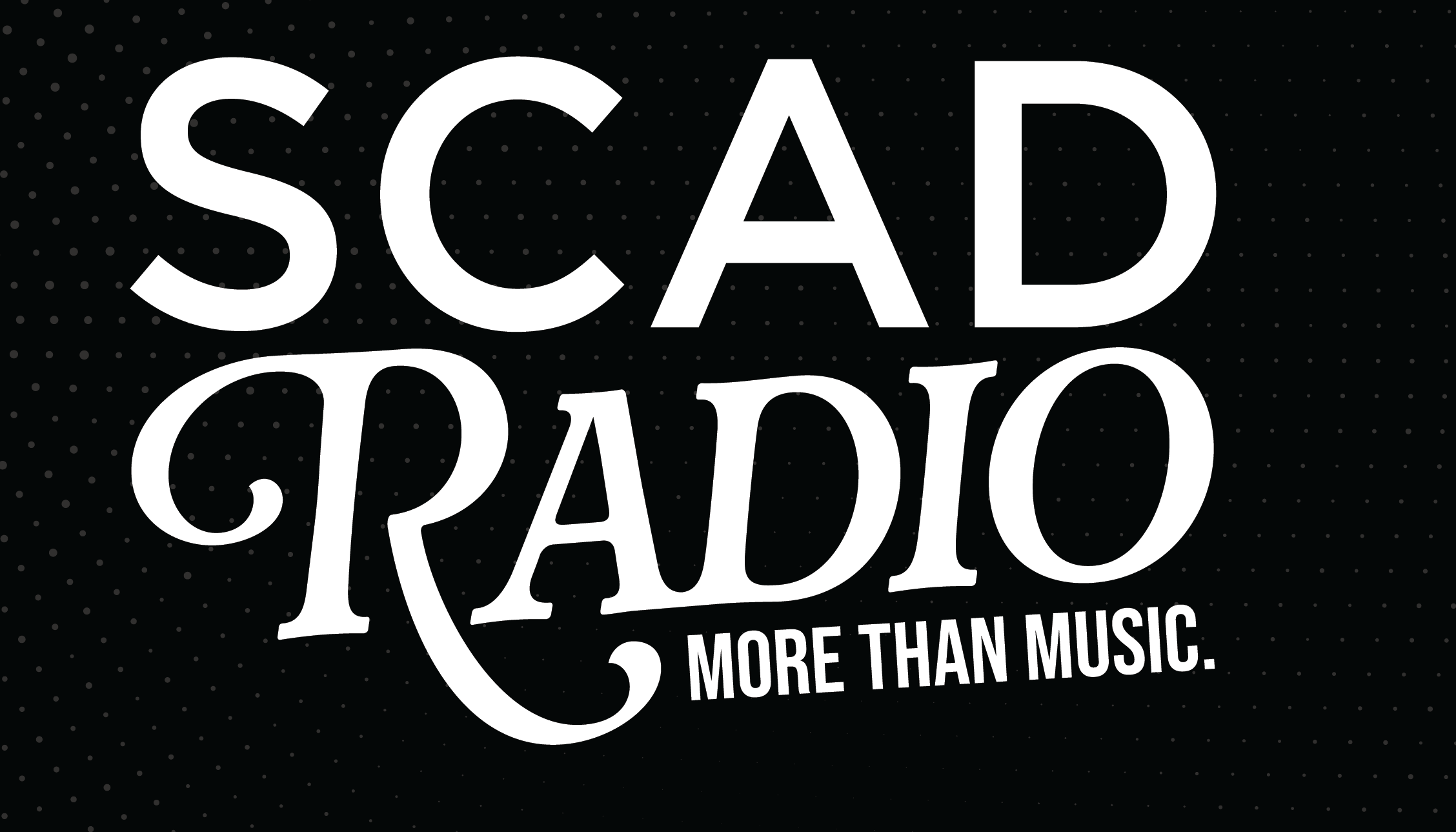
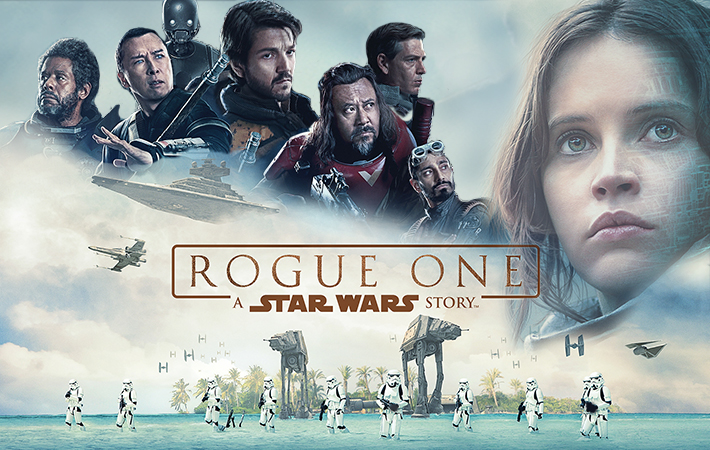
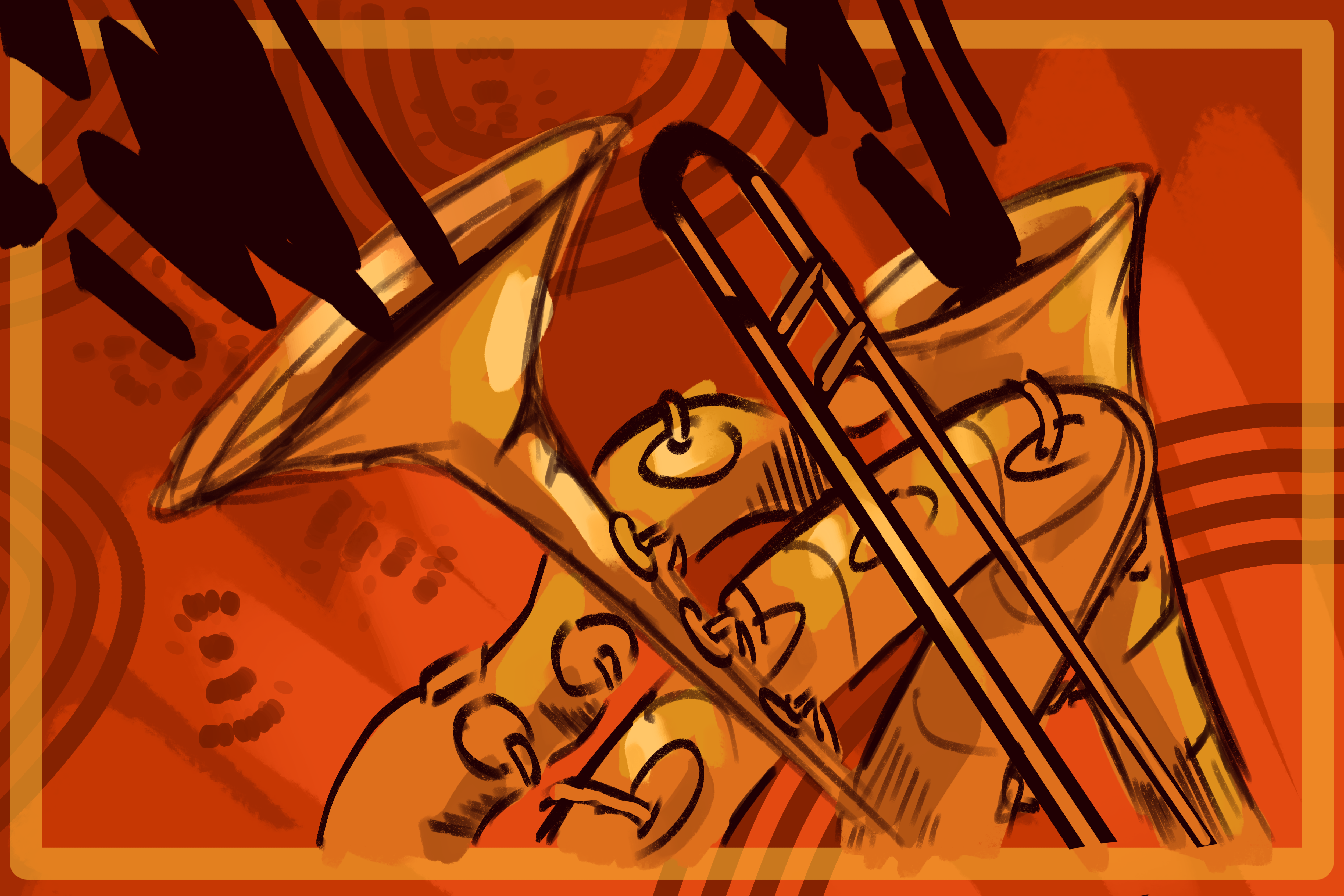
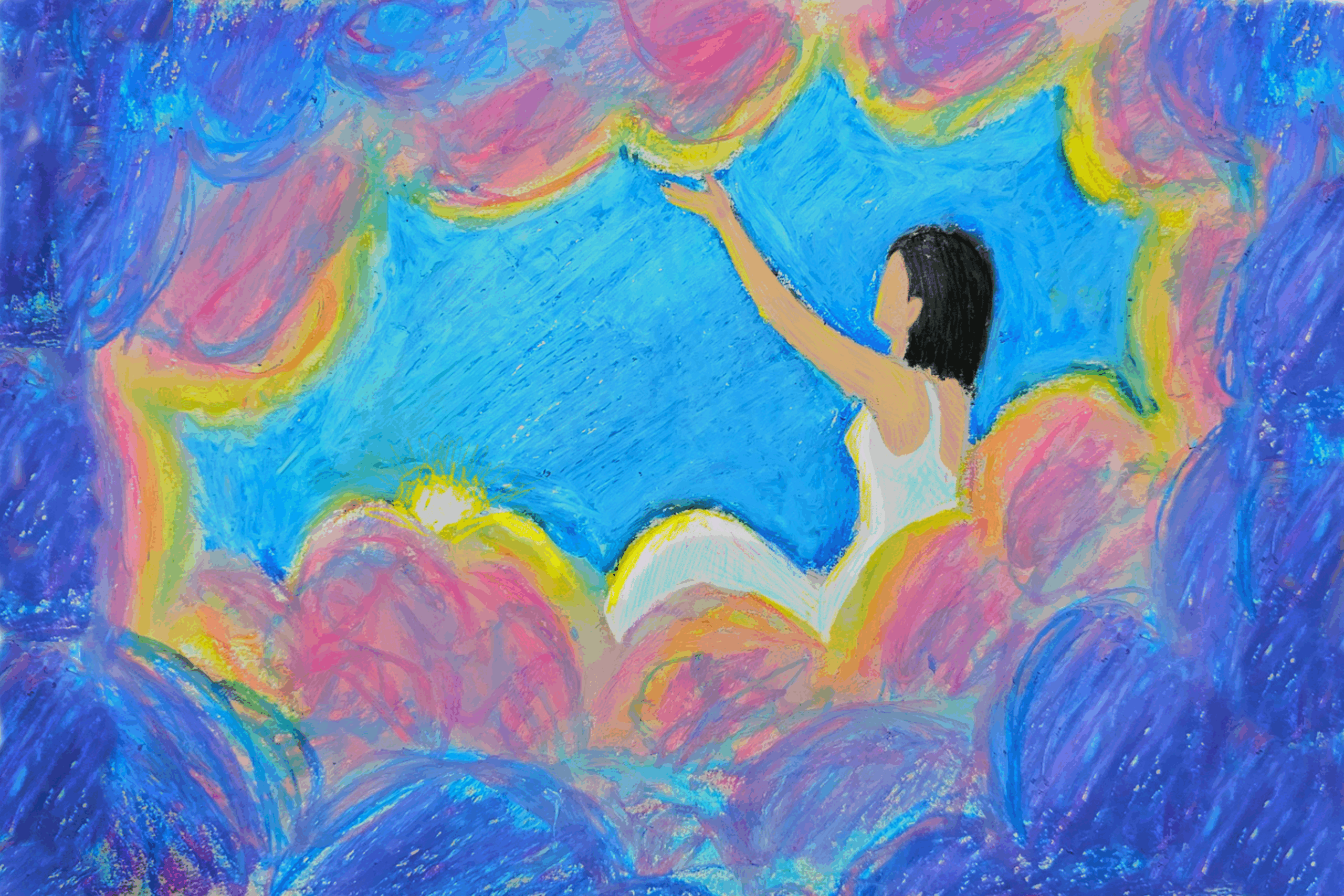
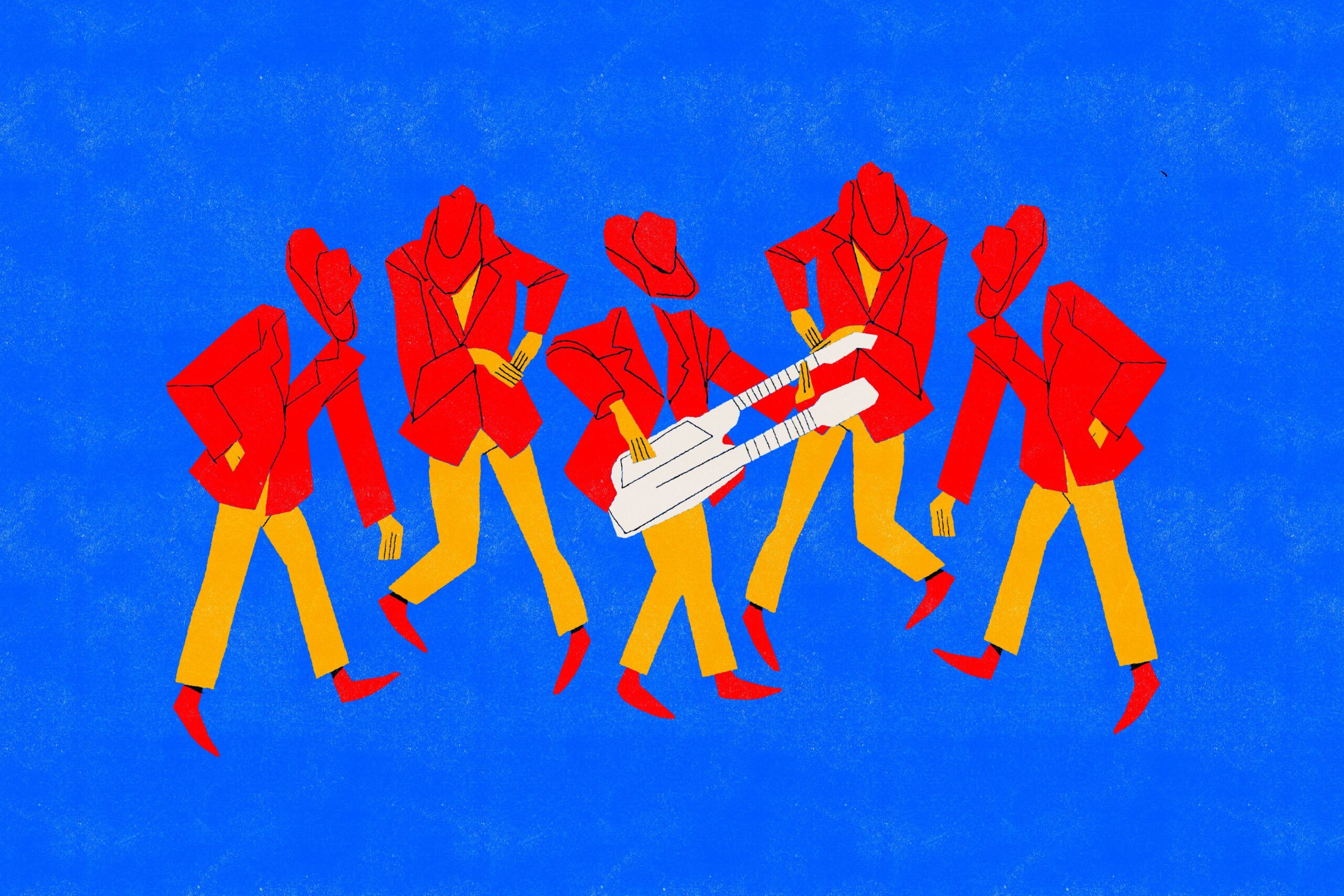

Leave a Reply